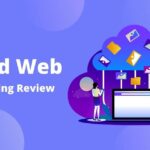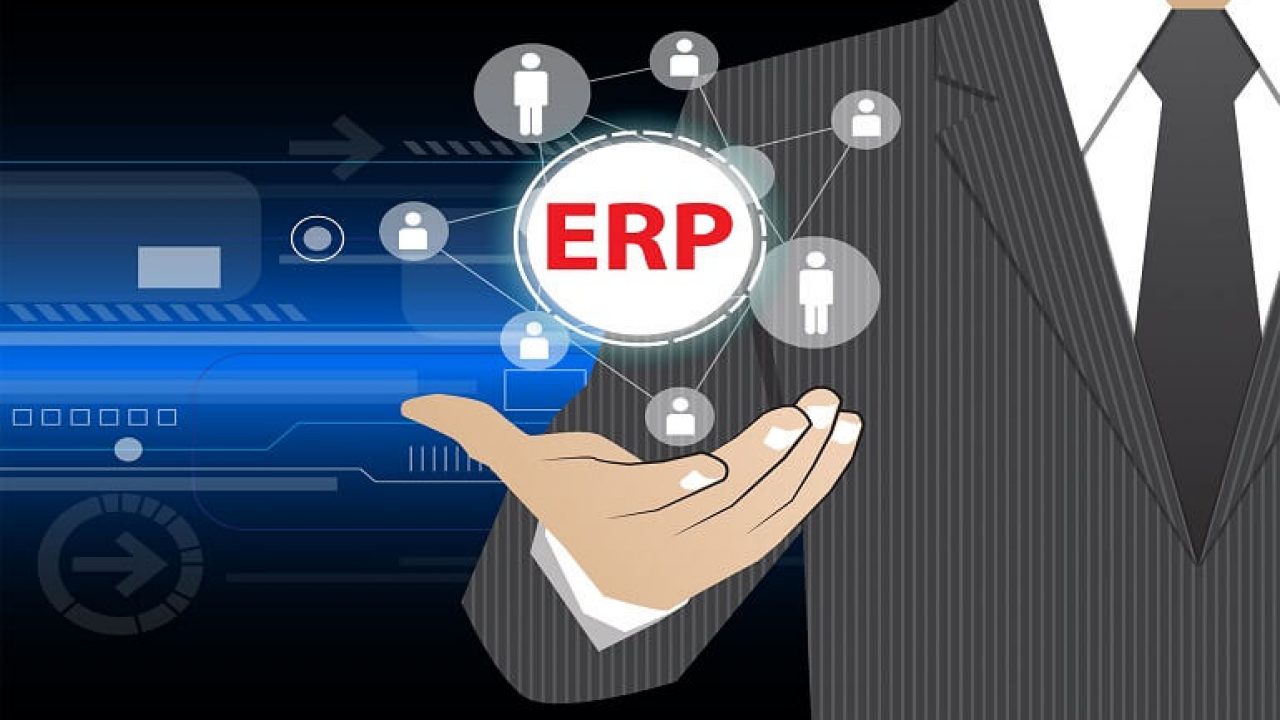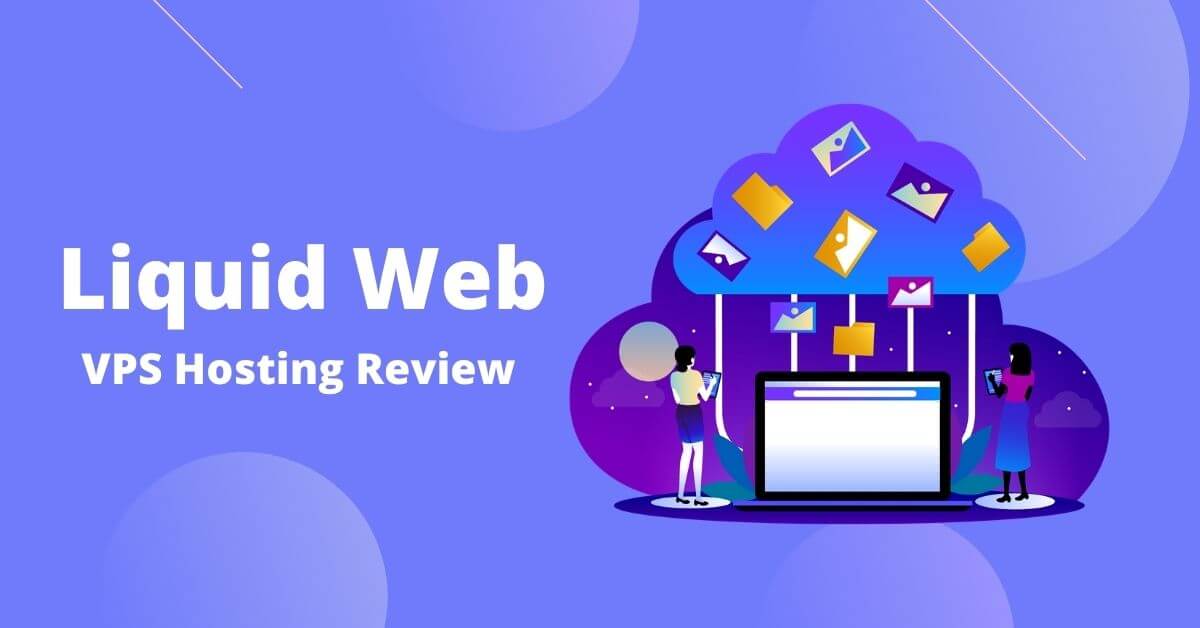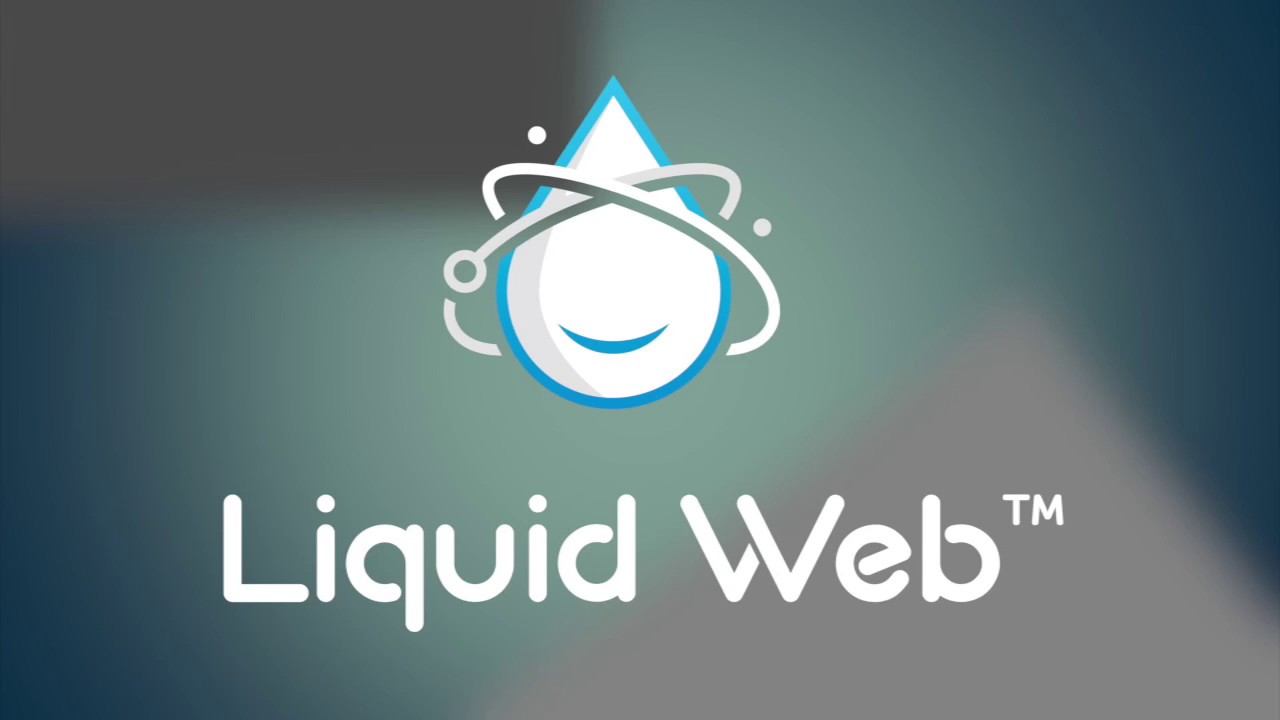Selecting the right Enterprise Resource Planning (ERP) software solution is crucial for the success of a business. Here are seven top features to consider when evaluating ERP software options:
- Scalability: Ensure that the ERP software can grow and adapt with your business. It should be able to handle increased data, users, and transaction volumes as your company expands. Scalability allows you to avoid the need for a costly migration to a new system in the future.
- Integration Capabilities: Look for an ERP system that can seamlessly integrate with your existing software applications such as Customer Relationship Management (CRM), Human Resources (HR), Supply Chain Management (SCM), and other business tools. Integration streamlines data flow, reduces data duplication, and enhances overall efficiency.
- Customization and Flexibility: Every business has unique processes and requirements. Choose an ERP solution that offers customization options, allowing you to tailor the software to match your specific workflows and business needs. A flexible ERP system can adapt to changes in your industry and business environment.
- User-Friendly Interface: The ERP software should have an intuitive and user-friendly interface. A clean and well-organized design helps employees quickly learn and navigate the system, reducing training time and increasing user adoption.
- Mobile Access and Remote Capabilities: In today’s digital age, it’s essential to have mobile access to critical business data and functionality. An ERP system with mobile applications or responsive web design enables employees to access real-time information and perform tasks remotely, enhancing productivity and decision-making.
- Security and Data Protection: ERP systems store sensitive business data, so robust security features are paramount. Look for ERP solutions that offer data encryption, role-based access control, regular data backups, and compliance with industry security standards to safeguard your business information.
- Reporting and Analytics: A powerful ERP system should provide comprehensive reporting and analytics tools. Advanced reporting features enable you to gain insights into your business performance, identify trends, and make data-driven decisions to improve efficiency and profitability.
Bonus: Customer Support and Updates: Consider the level of customer support provided by the ERP vendor, including training, troubleshooting, and ongoing assistance. Also, inquire about the frequency of software updates and the process for implementing new features or fixing bugs.
Before making a decision, involve key stakeholders from different departments in the evaluation process to ensure the chosen ERP software aligns with their needs and requirements. Additionally, consider conducting a pilot test or requesting a demo to assess how the ERP system performs in real-world scenarios relevant to your business.











